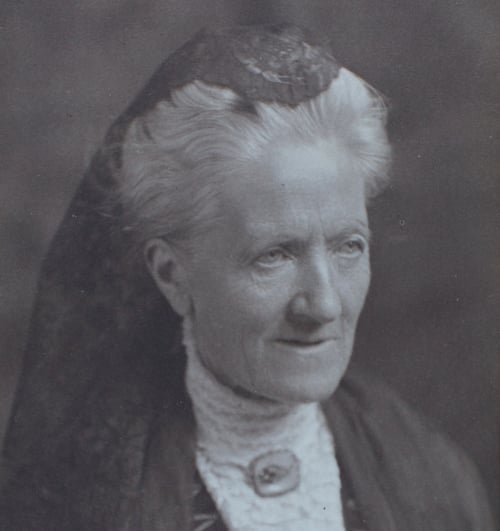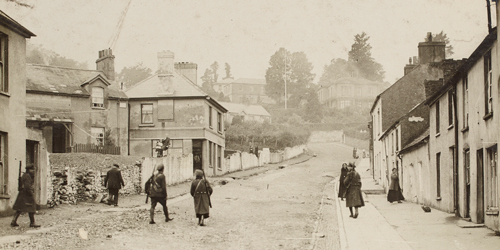Post Civil War Recovery - calls for prisoner releases and road works to improve conditions further
Dublin, 25 June 1923 - With the Free State administration reporting that conditions have greatly improved in Cork and Kerry and that there has been a return to more normal social and economic activities, various demands have been made in recent days for anti-treaty prisoner releases and for investment in road schemes to speed up the post civil war recovery.
In a statement issued by the Free State Government’s Publicity Department, the scale of the civil war disruption in Co. Kerry and in west Cork was outlined. The most notable impact of the disturbances was on transport by road and rail. Farmers were particularly impacted but according to the Department of Agriculture and Technical Instruction railway, transport has resumed since April, telegraphic communication has been re-established, supplies of foodstuffs are now readily available and prices have been restored to a normal level.
But the absence of a state of war does not mean that full normality has been achieved. Approximately 15,000 prisoners remain in Free State jails, though a meeting in Dublin’s Mansion House on the 13th of this month called upon the government to deliver their immediate release.
A resolution to that effect has been sent to the presidents of the Senate and the Dáil, as well as to General Richard Mulcahy. Chairing the Mansion Meeting was Charlotte Despard who claimed that no valid election could take place under such circumstances. Everyone - Unionists, Free Staters, Republicans - were weary of war and strife, Despard claimed, but peace would only come when they had got liberty and justice.

Charlotte Despard, who spoke in support of the release of approximately 15,000 prisoners at a meeting in the Mansion House ( LSE Library)
Along with the fate of anti-Treaty prisoners, the Government must also decide what to do with an interim report from the Reconstruction Commission, which has urged the adoption of a scheme to improve over 3,000 miles of trunk and main road over the next five years.
The proposed scheme comes with the hefty price tag of £1,637,500 in its first year but is anticipated to provide much needed employment for 10,500 men. But how will it be funded? Here, the Commission suggests that the County Council strike a rate of 6d in the pound and that they borrow from the banks an amount equal to the rate raised. The state would likewise contribute £3 for every £1 raised locally.
According to the Commission, there are 46,000 miles of road in the Saorstát, of which 38,000 miles are accounted for by local roads, 4,000 miles by main roads and 4,000 by trunk roads. However, many of the trunk and main roads were never properly constructed - less than half were ever steam-rolled - and are utterly unfit to carry the heavy traffic they do as a result of motor haulage.
The work required is extensive but the Commission is clear that it should be considered improvement work rather than relief work and that the army could not be ‘usefully and economically employed in the scheme.’ However when not required for military purposes soldiers should be demobilised and employed as civilians.
[Editor's note: This is an article from Century Ireland, a fortnightly online newspaper, written from the perspective of a journalist 100 years ago, based on news reports of the time.]





















